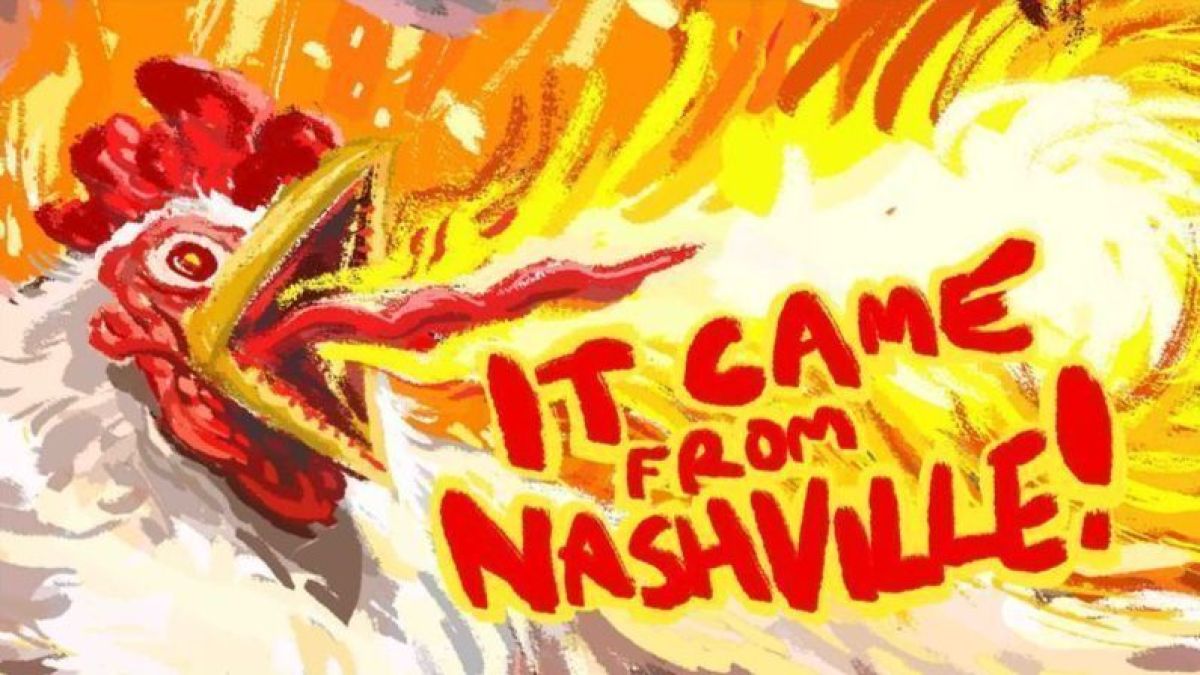The Truth About Hot Chicken
If you want to understand hot chicken, you need to understand Nashville. Thankfully, Rachel Louise Martin offers a comprehensive understanding of both in her excellent new book, Hot, Hot Chicken: A Nashville Story.

What I thought was just going to be a book about the origins of what is now a national culinary phenomenon ended up being about so much more than the backstory of spicy poultry. And that's because you can't get to the bottom of hot chicken's rise to prominence without first understanding the complicated racial past of Music City.
In Hot, Hot Chicken, the reader is taken through Nashville's history of urban planning and "redevelopment". As a native Nashvillian, I geeked out on the details and old photographs while learning about (and lamenting) the changes to streets and entire communities in the downtown core. Like Martin, I had never heard of Nashville's quintessential dish until I returned after college and was all grown up. The racial past of Nashville made it that way, keeping me in my white part of town with my white restaurants and white food.
The short of it? Black families and their food kept getting pushed out and pushed around by city planners and federal funding. As such, the Thornton family kept moving their restaurants and recipes to their new communities and customers. Were it not for these forced relocations, it's entirely possible Prince's is as plentiful as Hattie B's and other white-owned hot chicken copycats due to its ability to lease or own property in higher density parts of town.
The book was released just this year, so you'll even learn about the damage done to Prince's flagship location, as well as what last year's tornadoes meant to the hot chicken community. The book is also littered with valuable tidbits (FYI real hot chicken isn't as spicy as the gimmicky restaurants would have you believe) and honors the authentic past of the dish and its origin story. It's one of the best books about Nashville, mainly because it pulls no punches in its quest to tell the truth about a city that continues to enjoy all the accolades that "progress" offers.

